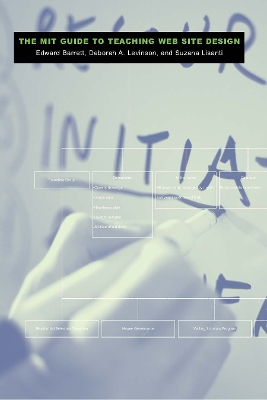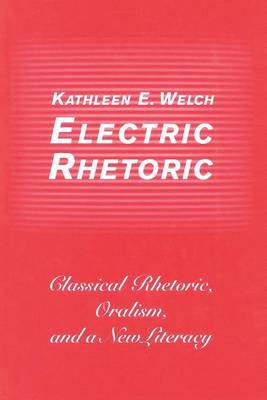Digital Communication
2 total works
The MIT Guide to Teaching Web Site Design
by Edward Barrett, Deborah A. Levinson, and Suzana Lisanti
Most books on Web design focus on the appearance of the finished product and pay little attention to the ideas and processes involved in intelligent interactive design. This book is based on the premise that the principles that have defined good communication design in the past apply equally well to the Web. The basic process is one of defining the purpose, audience, and style appropriate to one's objectives. Another premise is that effective Web site design is an inherently collaborative process requiring not only technical skills but more traditional written and oral communication skills. Hence, this book stresses a social, process-oriented approach both to design and to classroom instruction.
The book covers all aspects of teaching Web design, from optimal class size and classroom configuration to peer reviews of completed projects. It is written in an accessible style and uses many examples from the Web design course taught by the authors at MIT.
"We are commonly not aware of the complex history of orality and literacy and of the effects of this history on the depths of human consciousness, where electronic communication is now having its deep and as yet not understood effects. Professor Welchs work can give us some of the in-depth understanding we need to be aware of where we really are."-from the foreword by Walter J. Ong.
Computer screens now dominate many workplaces, and televisions are ubiquitous in our homes, waiting rooms, and many public spaces. In Electric Rhetoric, Kathleen E. Welch explores the profound changes in writing and discourse brought about by electronic forms of communication. To this end, she integrates three related strands: the redeployment of Sophistic classical rhetoric; current literacy theories within rhetoric and composition studies, including gender and race issues; and the inherently rhetorical nature of "screens" in relationship to writing and other communication technologies. Throughout the book Welch deals extensively with women's issues, which have played a particularly important role in the history of oralism. Welch's ultimate aim is to help build a movement to change, partly through critical pedagogy, the actions people take in their daily writing and speaking lives.

